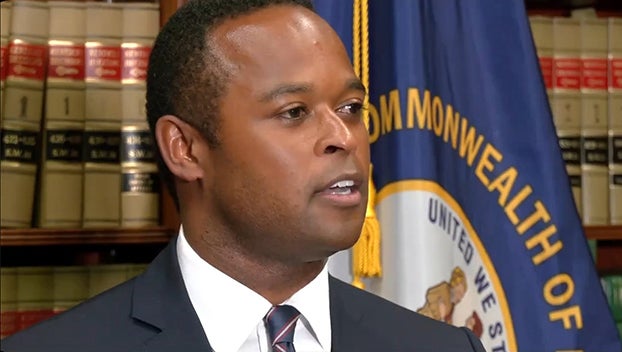AG: UK violated Open Records over requests for info involving football program
Published 10:06 am Tuesday, October 18, 2022

- Kentucky Attorney General Daniel Cameron
|
Getting your Trinity Audio player ready...
|
Attorney General Daniel Cameron’s office has ruled the University of Kentucky violated the state’s Open Records Act when it failed to respond to portions of a request for records involving the football program.
On Sept. 7, 2022, Charlotte Flanary requested electronic copies of all e-mails and text messages exchanged between the head coach or associate head coach of the University’s football program and two private individuals, as well as “any tweet, quote tweet, or retweet” on the University’s official Twitter account for the head coach or associate head coach that related to a specific person. The scope of the request included any communications “sent on behalf of the individuals named.”
Flanary replied that she did not have to narrow the scope of her request because she was “requesting specific emails to and from identified individuals.” In response, the University stated it had not denied the request, but “asked for a specific timeframe and subject, so that [it could] conduct the appropriate searches.”
That led to her filing an appeal with the Attorney General’s office.
In the decision, the AG’s office stated, “When a public agency receives a request to inspect records, that agency must decide within five business days ‘whether to comply with the request’ and notify the requester ‘of its decision.’ A public agency cannot ignore portions of a request. Here, the Appellant requested e-mails, text messages, and Twitter postings, but the University only responded to her request for e-mails. Thus, the University violated the Act when it failed to respond to all portions of the request.”
The decision also noted, “The University subverted the intent of the Act, short of a denial of inspection, when it demanded that the Appellant narrow her request before the University would ‘determine … whether to comply’ and issue its written decision.”




